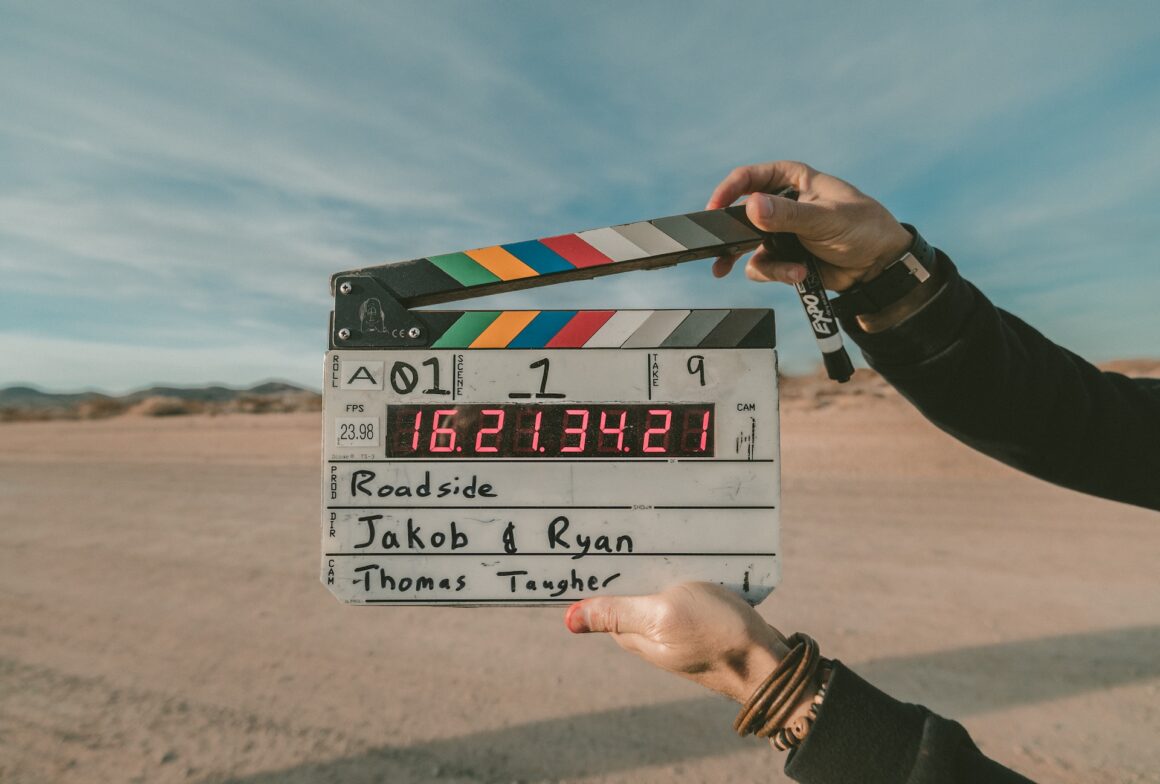The root of all emotional suffering undoubtedly stems from our inability to understand one another’s differences. While sympathy is often a self-professed trait that everyone claims to have, no human is capable of being compassionate in every circumstance. In an attempt to build a bridge of understanding between people of different backgrounds, humans have gradually developed a cohesive universal language: music.
Music has always served as humanity’s metaphorical gorilla glue. Songs are able to transcend socioeconomic and cultural differences, and unite the most disparate individuals with the use of rhythm, melody, and lyrics. All people seem to naturally enjoy music, just as they innately take pleasure in eating and having sex. However, music is the only entity that gives humans a uniquely euphoric experience without being a necessity for reproduction or survival.
Since music exudes unity and understanding, songs have become an accurate indicator of societal attitudes, and they always reflect the time period in which they were composed.
During the Women’s Rights Movement in the early 20th century, demonstrators began using Ethel Smyth’s song, “The March of the Women” to unify their cause under one common sound. Similarly, during the Civil Rights Movement of the ‘50s and ‘60s, the song “We Shall Overcome,” and other religious hymns were used to illustrate the African American community’s optimistic hope of achieving racial equality. Skipping forward to present day, it is obvious that social change is still needed in 2017. Various artists and groups have stepped forward to inspire our generation.
Kenneth Whalum is an American R&B artist that revives the gospel roots of the Civil Rights Movement in his song “Might Not Be Ok.” Whalum wrote this song in response to the epidemic of police brutality towards black communities. His intended message is immediately noticeable when he begins this song with background vocals that border on quiet, heartbroken cries, which leads the listener into Whalum’s impactful chorus, “I won’t tell you that it’s gon’ be ok. And I can’t see the sun through all the darkened rays. I don’t claim to have the answer, it’s more than some can say. I won’t tell you that it’s gon’ be ok. It might not be ok.” After this sorrowful chorus, rapper Big K.R.I.T. provides context for this melodic suffering, when he raps, “Mommas been cryin’ and they gon’ keep cryin’. Black folk been dyin’ and they gon’ keep dyin’. Police been firin’ and they gon’ keep firin’. The government been lyin’ and they gon’ keep lyin’. Propaganda news channels, that s**t is all for show. Camera phone videos is like all we know. Diluting what an eye witness might really say. Because the whole world saw a murder yesterday.” As Big K.R.I.T. continues rapping, his tone intensifies, bringing the song to an emotional climax that forces the listener to contemplate the state of existing race relations in America.
“Blind Man” is a catchy and soulful song by American R&B artist, Xavier Omär. In contrast to current popular music that degrades and objectifies women, Omär’s 2016 EP, The Everlasting Wave, spoke of women in a positive manner. “Blind Man” has romantic and respectful lyrics such as “Imma take my time with your mind. Your ambition won’t leave me alone,” and “Body like a queen, but it ain’t about your body baby it’s about your being. I ain’t rolling up, but I’m on a high. When you really think about it, ain’t no wonder why.” Moreover, on Omär’s a capella song “Speculate,” Omär refrains from being vulgar towards the person who hurt him, and instead decidedly turns his heartbreak into strengthened resolve. In an age of encouraged relationship irresponsibility, Omär’s EP is revolutionary because it handles love and breakups in a mature and respectful manner.
Rudimental is an East London-based drum and bass band that has taken music composition and performance to a whole new level. Their latest album, We The Generation, is just as influential as the title suggests. The band’s members incorporate funk, brass, and harmonic vocals into their heavy bass lines, and their album is a beautiful melting pot of distinct cultural sounds. Not only does their instrumental music exemplify cultural inclusion, but their lyrics also celebrate coexistence and acceptance. Going even further, Rudimental’s music videos are emotional short films. Their video “I Will For Love” details the strenuous journey of a family that is trying to cross the Mexican-American border, and the viewer is able to see the story unfold through the immigrants’ perspectives. Furthermore, in Rudimental’s music video “Never Let You Go,” every person is strategically covered in different-colored chalk; the chalk diminishes race and nationality, while also insinuating that each individual is colorful and unique. Other Rudimental music videos capture stories from all over the world that display the importance of compassion, family, and an appreciation for one’s cultural roots.
The importance of music’s influence cannot be overstated. Music was utilized to provide support and solidarity over one hundred years ago, and today we still need it for that same purpose. With America’s election of Trump, the western push to return to a pre-World War II nativist mentality, and international human rights violations, our whole generation needs to start supporting artists that represent a new mentality. Music is the only tool that can bring attention to serious societal issues that the disinterested masses refuse to recognize. Powerful songs that preach about the importance of equality and inclusion have the potential to conquer racism, sexism, and nativism. All we must do is hit the “play” button.




